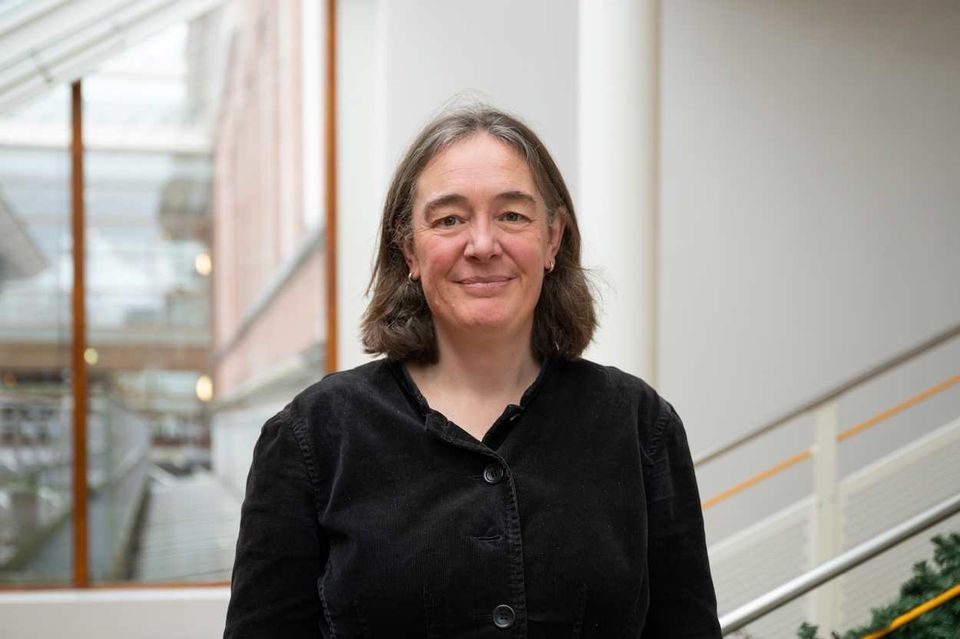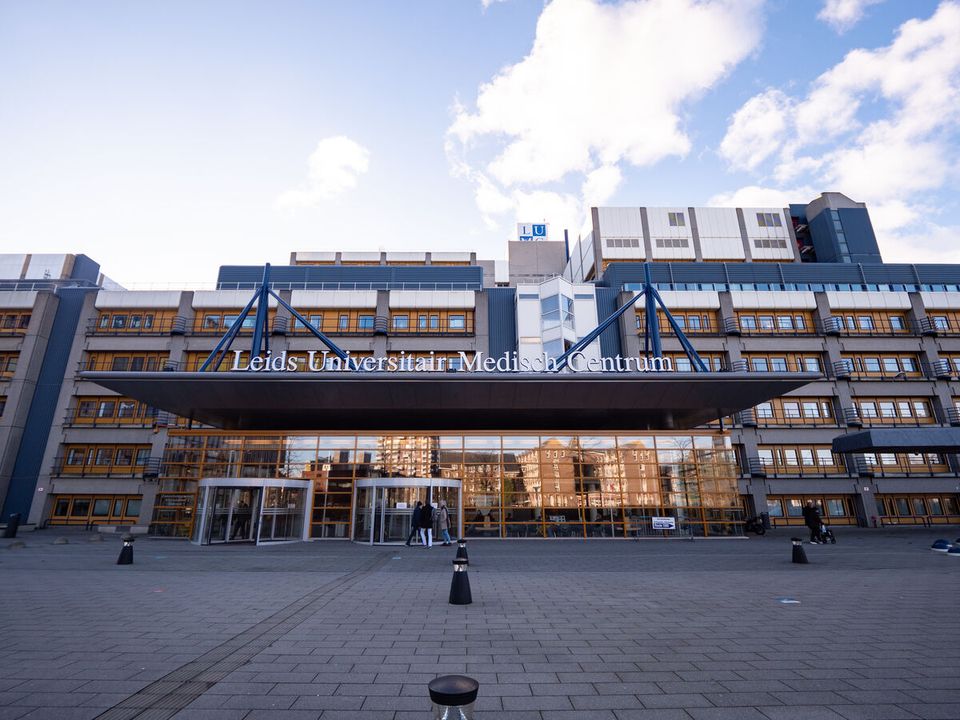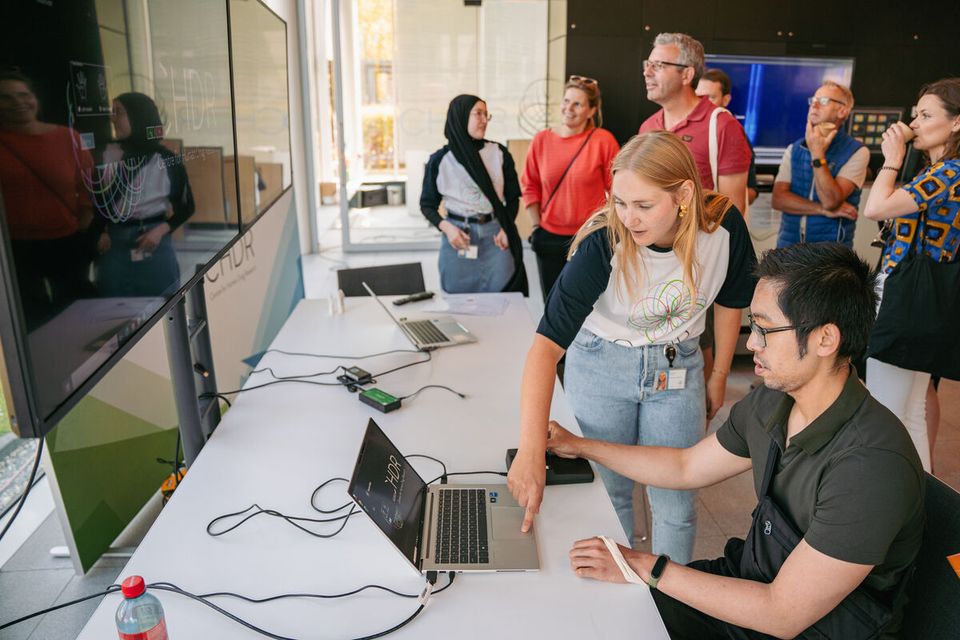The new future with AI
AI is developing rapidly and influencing virtually all aspects of our society, such as research and education. However, these developments also entail risks. For example, the recent update of ChatGPT-5 shows how dependent users have become on large technology companies, which determine how and with which tools we work.
The future of AI is human
ChatGPT generates understandable words, but these lack any critical value and are not grounded in scientific principles like truth or verification. Therefore, rather than continuously pursuing new tools, people must continue to think critically and solve problems on their own, according to Dr. Francien Dechesne, associate professor of Ethics and Digital Technology at Leiden University.
Many academic fields at Leiden University are discussing the potential benefits and risks of AI for people and society. Thus, The Future of AI is Human is the motto of the multidisciplinary SAILS network, which investigates AI from a range of angles. Furthermore, GPT-NL, a proprietary Dutch language model that adheres to Dutch norms and values, is now in development.

New opportunities
Along with the risks, AI presents new prospects in the medical profession. Algorithms can accurately find trends in vast datasets, which aids in the discovery of new compounds and the advancement of medications. The LUMC and Leiden University's Leiden Academic Centre for Drug Research are working on this.
In short, AI is a development that offers both new possibilities and opportunities, as well as posing significant challenges.

